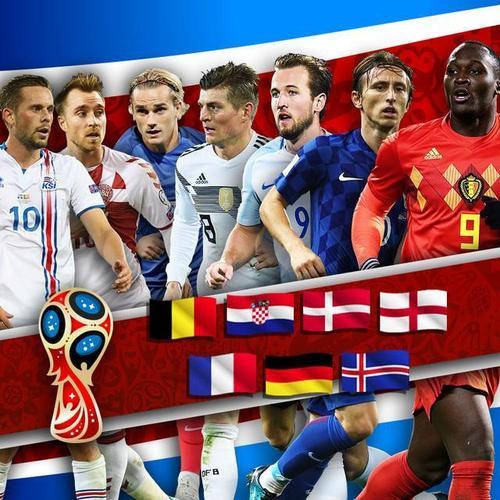Introduction
The UEFA European Championship, commonly referred to as the Euros, is one of the most prestigious football tournaments in the world, second only to the FIFA World Cup. Held every four years, it brings together the best national teams from Europe to compete for the coveted title. In this article, we will delve into the strengths and strategies of some of the strongest teams in the Euros, analyzing what makes them formidable contenders on the international stage.
The Spanish TikiTaka Legacy
Spain's national team has been a powerhouse in international football, particularly since their Euro 2008 triumph, which was followed by victories in the 2010 World Cup and Euro 2012. The Spanish team is renowned for its possessionbased style of play, known as "TikiTaka," which emphasizes short passing, movement, and maintaining possession. This style is designed to control the game and wear down opponents, creating scoring opportunities through precision and patience. The strength of the Spanish team lies in their technical ability, tactical discipline, and the seamless integration of players from successful club teams like Barcelona and Real Madrid.
The German Machine

Germany is another perennial favorite in the Euros, known for their efficiency, organization, and relentless work ethic. The German national team, or "Die Mannschaft," is characterized by a strong team spirit and a tactical flexibility that allows them to adapt to different opponents and game situations. Their strength is in their depth, with a large pool of talented players capable of playing in various systems. The Germans are also known for their physicality and stamina, which often gives them an edge in the latter stages of the tournament.
The Italian Defensive Mastery
Italy's national team has long been associated with a solid defensive structure, often referred to as "Catenaccio." While the team has evolved over the years, the core principle of a strong defensive foundation remains. Italian teams are known for their tactical discipline, concentration, and ability to frustrate opponents. The strength of the Italian team lies in their ability to absorb pressure and hit teams on the counterattack, with a focus on setpieces and tactical fouls to disrupt the rhythm of their opponents.
The French Flair
France has a rich history of producing talented footballers with flair and creativity. The French national team, or "Les Bleus," is known for its attacking prowess, with players capable of producing moments of individual brilliance. The strength of the French team lies in their versatility, with a mix of technical skill, pace, and physicality. The team's ability to switch between different formations and styles of play makes them unpredictable and difficult to prepare for.
The English Hope
England's national team, or "The Three Lions," has a passionate fan base that is always hopeful of a major tournament win. The team's strength lies in their physicality and pace, with a focus on direct play and exploiting the wings. English teams are often built around a strong spine, with a solid defense, a powerful midfield, and a target man up front. The challenge for England has often been to translate their domestic league success into international glory, with a need to develop a more cohesive and adaptable style of play.
Conclusion
The UEFA European Championship is a showcase of the diverse strengths and strategies of European football. Each team brings its unique style and approach, making the tournament a thrilling spectacle of tactical battles and individual skill. As the Euros continue to evolve, the teams that can adapt, innovate, and harness the strengths of their players will rise to the top. The competition is not just about physical prowess or technical ability; it's about the collective effort, the tactical acumen, and the ability to perform under pressure. The Euros are a testament to the rich tapestry of European football, where giants clash and new legends are born.
